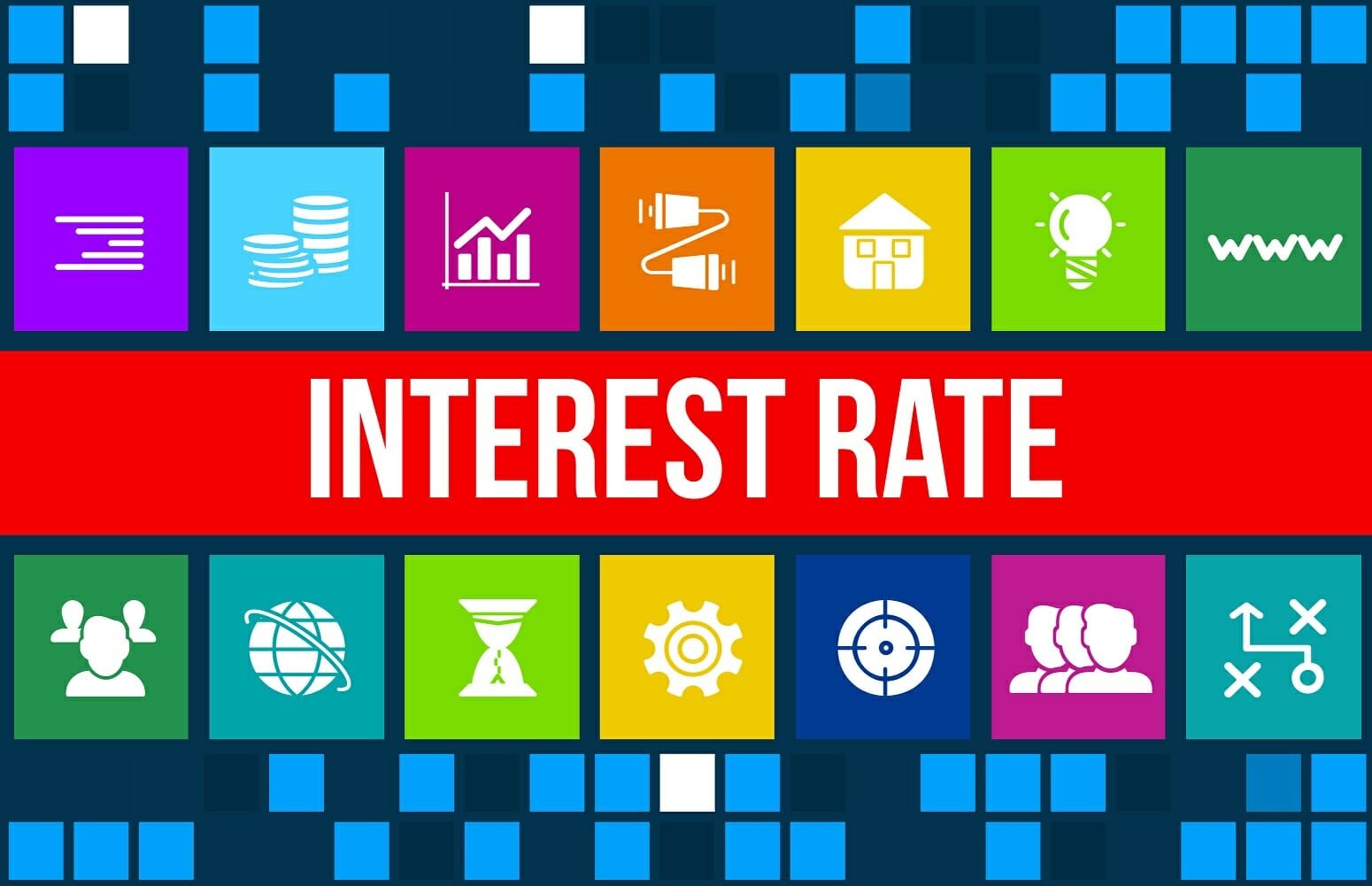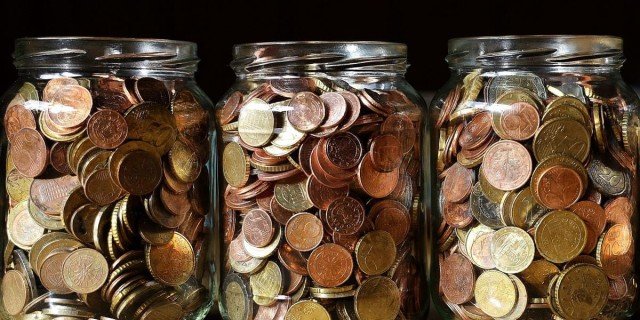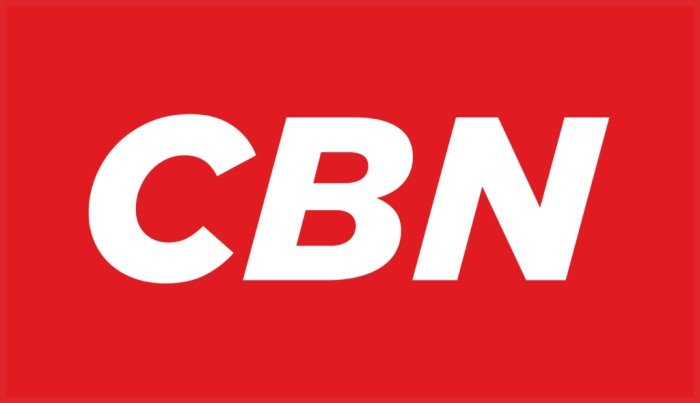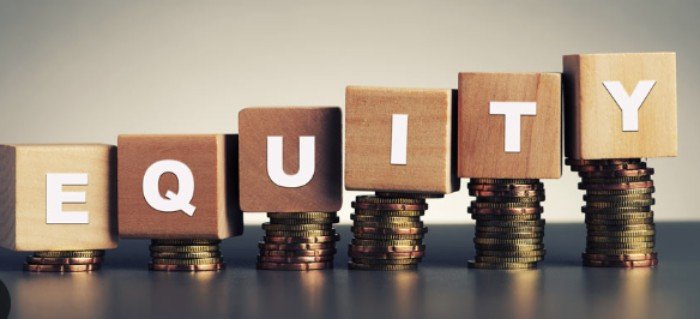Interest rates will increase as the Central Bank of Nigeria sells a record N1 trillion in Treasury on Wednesday.
Recent factors point to a likely increase in Nigeria’s interest rates for the forthcoming treasury bills auction, suggesting the Central Bank of Nigeria’s (CBN) trend toward tighter monetary policy.
Stay tuned as I reveal the potential consequences of the CBN’s massive N1 trillion Treasury sell-off in this post.
Treasury Bills Auction to Reach N1 Trillion; Yields to Increase
The CBN’s bi-weekly treasury notes auction on Wednesday, February 7th, 2024, is projected to mark the start of this monetary policy transition.
The auction is expected to offer higher-than-usual interest rates, as well as a greater number of Treasury bills.
In a recent auction in January, the CBN auctioned N381.2 billion in treasury bills with maturities of 91, 182, and 364 days.
The upcoming auction on Wednesday is expected to see a large increase in the volume of treasury bills, with approximately N1 trillion up for auction.
This comprises N600 billion for the 364-day bills and N200 billion for the 182- and 91-day bills.
The N600 billion planned for the 364-day tenure is an unprecedented sum, as is the total N1 trillion sale, which dates back to 2001.
To put this in context, a total of N1.2 trillion was sold in the fourth quarter of 2023.
The Impact on Nigeria’s Financial Sector
Nigeria’s money supply was over N78 trillion as of December 2023, which many observers blame for the country’s rising inflation.
The rise in inflation is also viewed as a major cause of the declining exchange rate.
Despite the increase in money supply, Nigeria’s output growth has remained weak, putting additional pressure on the currency rate.
This strategic monetary policy adjustment, as seen by the expected increase in treasury bill interest rates and auction volumes, indicates the CBN’s response to Nigeria’s varied economic issues.
The CBN intends to reduce inflation and stabilize the exchange rate by strengthening the banking system through higher interest rates and greater treasury bill auctions, resulting in a more balanced economic environment.
CBN’s Historic N1 Trillion Treasury Sell-Off Predicts Interest Rate Increase
To resolve the problem, the central bank announced short-term measures targeted at luring forex inflows, including hiking interest rates and eliminating capital restrictions on supplies.
CBN Governor Yemi Cardoso also mentioned similar strategies in a recent interview.
“In the short term, we have put in significant work, and we are witnessing results in improving the market structures and removing all the bottlenecks stifling the supply of FX into the country.”
“We have addressed the challenges to the flow of remittances, reduced banks’ ability to hold onto roles, and, most importantly, we now have export earnings from the national energy industry flowing back through the Central Bank.”
We also started many short-term efforts to make naira assets more appealing to international investors.”
The CBN’s historic N1 trillion Treasury sell-off foreshadows interest rate increases
As Nigeria prepares for the CBN’s record N1 trillion Treasury bill sell-off, stakeholders and market participants are intently watching the impact on interest rates and the broader economy.
The efficacy of the CBN’s monetary policy measures in lowering inflation and stabilizing the exchange rate will be critical in determining Nigeria’s economic trajectory in the coming months.
Meanwhile, secondary market trades for Treasury bills show a pessimistic trend, with average yields rising by 2.06% to 11.91%.
This implies market concern and emphasizes the significance of treading carefully in the changing economic landscape amidst the CBN’s policy revisions.







1 comment
Nice one